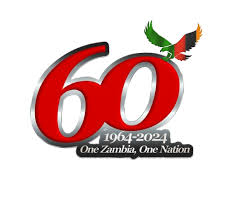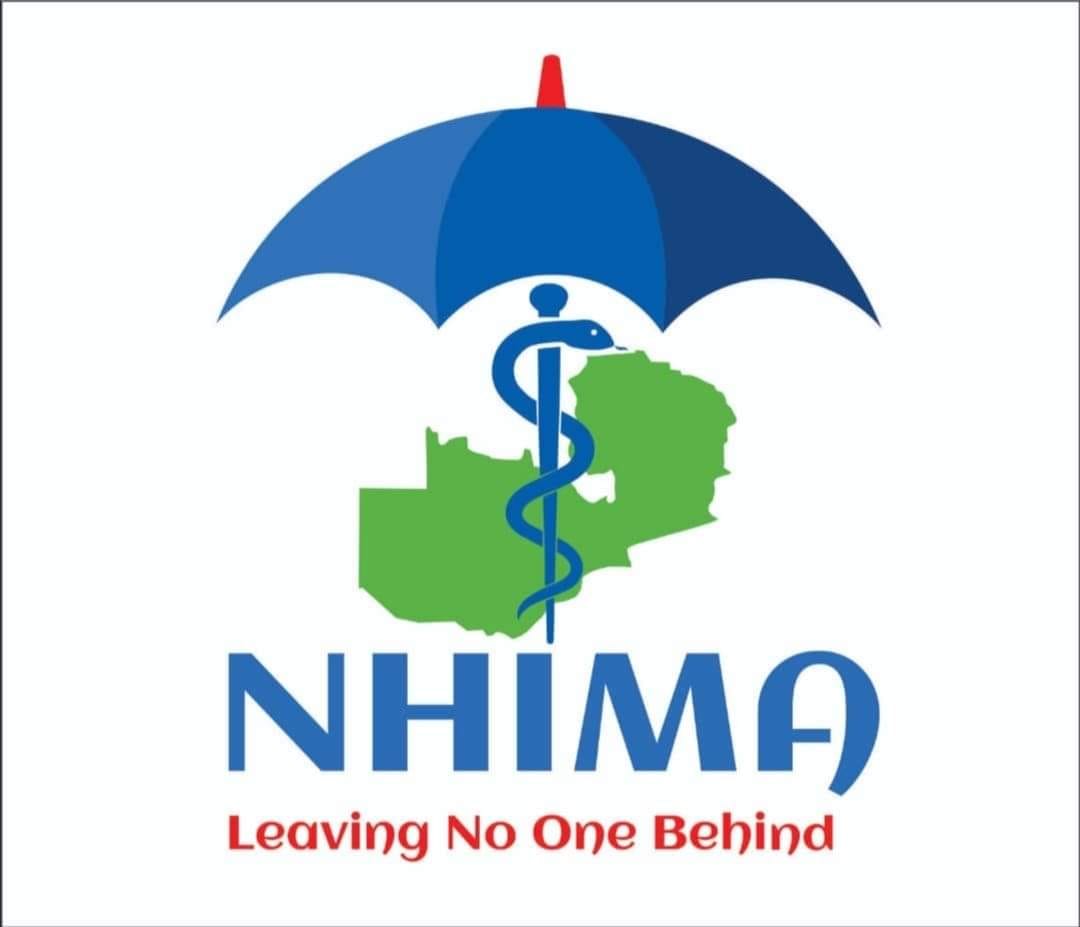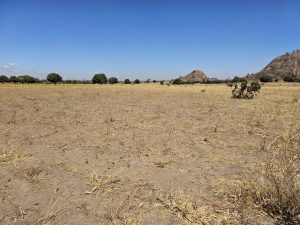The National Health Insurance Management Authority currently has over K600 million kwacha standing debt to be paid to accredited Health Care Providers (HPCs).
NHIMA Director General, Micheal Njapau disclosed that the Authority has so far disbursed a total of K944.5 million from inception up to November 30th, 2024 in claims.
Mr Njapau was speaking when NHIMA made submissions on the operations of the Authority, before the Parliamentary Committee on Health, Community Development and Social Services, in Lusaka.
Mr Njapau added that since inception in 2019, the Authority has not received any capital injection for its operations, solely relying on 10 percent collections, which has constrained the critical investments required for efficient scheme operations.
The Director General added that implementation of the scheme at two percent of basic income is far below the minimum threshold required to grow the fund and maintain solvency.
He also indicated the high informal sector claim utilization but low and irregular contributions are causing a moral hazard towards the scheme.
“To achieve universal health coverage and ensure the solvency and sustainability of the scheme, there is a need for a diversified, robust, sustainable and well-coordinated financing mechanism for the scheme that generates sufficient revenue to cover utilization and enhance quality of public health services,” Mr Njapau said.
He however noted that the Authority is not collapsing but has made some investment that will help address the issue of debt.
Zambia Ophthalmological Society of Zambia Kangwa Muma stated that the solution to the financial difficulties lies not in cutting essential services but rather in a comprehensive overhaul and restructuring of both the management and scheme.
Professor Muma listed other measures to be considered including review of the benefit package, enhanced resource allocation, improved financial management and cost control, and introducing a maximum annual claim limit to help manage resources.
He raised concerns over the disparities between benefit packages in public and private facilities that can lead to inequalities in access to care.
We recommend fairness and equality, the benefit package must be standardized across both public and private healthcare providers,” Prof. Muma stated.
And Parliamentary Committee on Health, Community Development and Social Services Chairperson Christopher Kalila commended NHIMA management for achieving 48 percent of the five million members in the informal sector.
Dr Kalila stated the need to address the gaps including appropriation of funds, issue of the 10 percent and move to the two percent gross base.
He stressed the importance of ensuring that citizens across the country receive quality health care.





